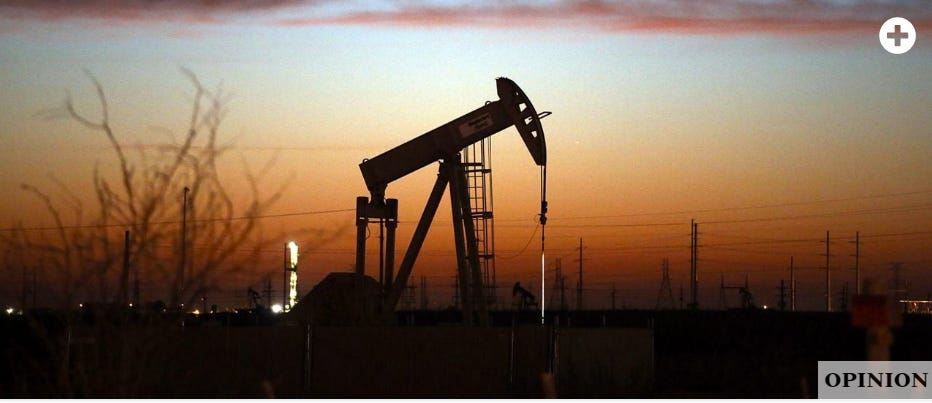[Note: This story is also published at The Daily Caller]
What would happen to Texas if it’s the Biden administration’s ongoing efforts to restrict its oil and gas industry were to succeed? What would happen to the state’s budget and economy if, say, the proposed endangered species listing of the Dunes Sagebrush Lizard or Environmental Protection Agency’s threat to hold the entire Permian Basin in violation of ozone standards had the impact of cutting production of oil and gas in half?
What has been happening in Alaska in recent years could provide a real-world example. Biden’s anti-energy policies have played a big role in leaving that state with a big budget hole, and some proposals to address the problem could place the state on a path to a California-like high-tax, slow-growth economy. (RELATED: DAVID BLACKMON: Here’s What Our Climate Overlords Fail To Understand About Fossil Fuels)
Alaska has been viewed over the years as a wealthy state sporting big state budget surpluses. The tax, leasing and royalty revenues coming from oil and gas have annually exceeded the true needs of state government, enabling it to pay an annual dividend to residents from the surplus. The bonus for 2022 came to $3,284 per person, in fact.
But here’s the thing: the energy and mining sectors not only pay for the dividend, their taxes account for two-thirds of the state’s revenues. That easy money has led to easy budget decisions, and per capita state and local spending is the highest in the nation at more than $17,000. That is twice as much as the state of Florida, whose economy is booming.
Keep reading with a 7-day free trial
Subscribe to Energy Transition Absurdities to keep reading this post and get 7 days of free access to the full post archives.




